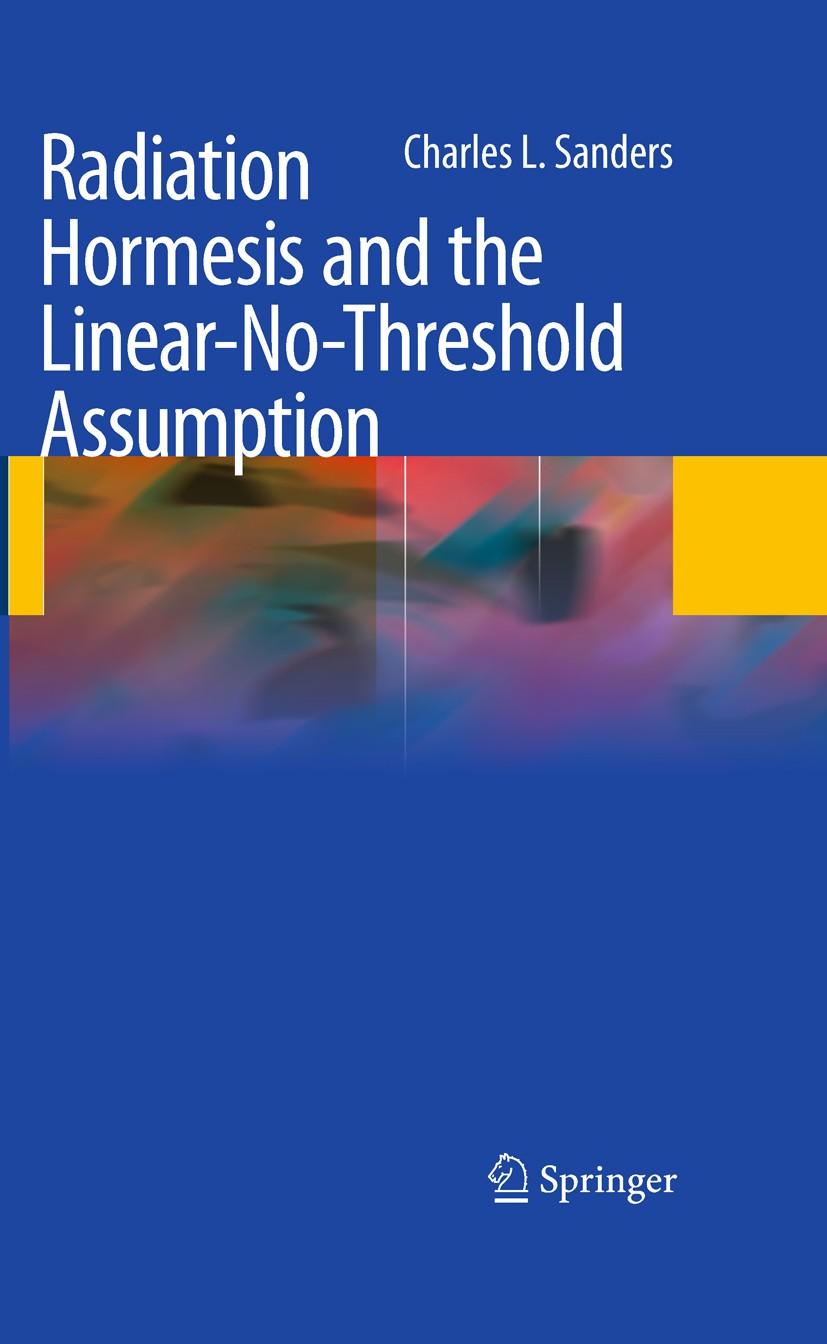| 书目名称 | Radiation Hormesis and the Linear-No-Threshold Assumption | | 编辑 | Charles L. Sanders | | 视频video | http://file.papertrans.cn/821/820444/820444.mp4 | | 概述 | Examines all facets of radiation hormesis, including the history of the concept and mechanisms, and presents comprehensive, up-to-date reviews for major cancer types.Explains how low-dose radiation ca | | 图书封面 |  | | 描述 | .Current radiation protection standards are based upon the application of the linear no-threshold (LNT) assumption, which considers that even very low doses of ionizing radiation can cause cancer. The radiation hormesis hypothesis, by contrast, proposes that low-dose ionizing radiation is beneficial. In this book, the author examines all facets of radiation hormesis in detail, including the history of the concept and mechanisms, and presents comprehensive, up-to-date reviews for major cancer types. It is explained how low-dose radiation can in fact decrease all-cause and all-cancer mortality and help to control metastatic cancer. Attention is also drawn to biases in epidemiological research when using the LNT assumption. The author shows how proponents of the LNT assumption consistently reject, manipulate, and deliberately ignore an overwhelming abundance of published data and falsely claim that no reliable data are available at doses of less than 100 mSv.. | | 出版日期 | Book 2010 | | 关键词 | Epidemiology; Hormesis; LNT; Radiation; Radiobiology; ionizing; Radiaton Oncology | | 版次 | 1 | | doi | https://doi.org/10.1007/978-3-642-03720-7 | | isbn_softcover | 978-3-642-42566-0 | | isbn_ebook | 978-3-642-03720-7 | | copyright | Springer-Verlag Berlin Heidelberg 2010 |
The information of publication is updating

|
|
 |Archiver|手机版|小黑屋|
派博传思国际
( 京公网安备110108008328)
GMT+8, 2025-12-29 04:39
|Archiver|手机版|小黑屋|
派博传思国际
( 京公网安备110108008328)
GMT+8, 2025-12-29 04:39


